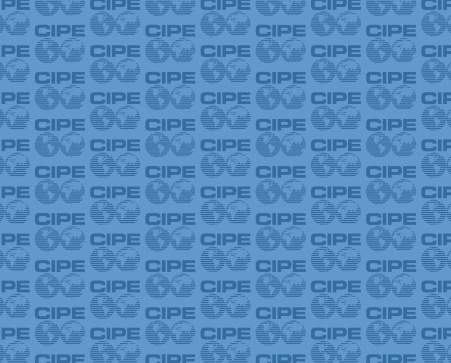
What do property rights and rule of law have to do with the rights, health, and well-being of indigenous people? Quite a lot.
The worldwide indigenous population is estimated to be between 220 million and 350 million, spread across all inhabitable stretches of the earth. Land and the natural resources provided by the earth are central to many indigenous cultures and beliefs. The land provides identity, nourishment, home, and often very significant religious or spiritual significance.
Despite this central importance of land, indigenous peoples have historically been deprived of their rights to land by colonization – both political and economic. Communal understanding of ownership and the absence of the concept of land ownership left the door open to such abuses. However, as indigenous rights are becoming more widely recognized and celebrated, many countries are taking important steps to ensure respect for these rights, in order to improve the opportunities and well-being of their indigenous citizens.
In 1989, the International Labor Organization passed convention 169, better known as the Indigenous and Tribal Peoples Convention, which enumerates specific rights that indigenous peoples possess – including the rights to consultation and participation in political decision making. The convention has been ratified by 22 countries, 15 of which are in the Americas.
In many parts of Latin America, indigenous people are protected by prior consultation laws, many of which are included in the constitution. These laws require local authorities and national governments to consult with indigenous groups before beginning extraction of any natural resources or new infrastructure projects on historically identified indigenous lands – at least on paper. Such laws are routinely skirted or outright broken by both national interests and foreign corporations seeking to extract natural resources from lands historically identified as pertaining to indigenous peoples.
These extractive processes, in their nature illegal because of failure to acquire prior consultation, often result in significant pollution with disastrous effects on the local population. In Ecuador for example, some towns are rife with cancer, skin rashes, and issues with pregnancy after oil pipelines leaked and many petro-companies failed to properly line their waste pits or even clean them up after their exit; a problem that persisted for five decades and whose responsibility is still being debated in Ecuadorian and U.S. courts.
Not unique to Latin America, textile factories in Indonesia routinely expel toxic water into local rivers, causing significant neurological disorders at birth and various forms of cancers. These types of pollution render waters unfishable, land unfarmable, and even kill small and large livestock – effectively robbing indigenous peoples of their means of economic production and placing their health and well-being in extreme risk.
Access to and ownership of ancestral lands is an important right for indigenous peoples around the world. In addition to the cultural importance this land signifies, indigenous peoples form an important sector of the economy as they contribute both raw materials and services related to their lands – often incorporating practices that value the conservation of resources and, in the long run, more sustainable economic growth. As more and more people grow to depend on their states’ populist policies to meet their basic needs, self-sufficiency and sustainable economic growth are ever more required, particularly in Latin America. By ensuring that indigenous Latin Americans can use their healthy land, the economic opportunities for better education and nutrition are ensured.
Enforcing the prior consultation laws that are already on the books should be a simple thing to do; however, rule of law is often challenged by the desire to achieve short-term gain through extractive industries, neglecting long-term and sustainable growth that prioritizes the health and well-being of the most at-risk citizens. Overall, societies will be better off if indigenous peoples’ rights are upheld – it is a victory for democracy, rule of law, and property rights, all of which benefit countries’ economic future in the long run.
Laura Boyette is a Program Coordinator for Latin America & the Caribbean at CIPE.
Published Date: August 10, 2015